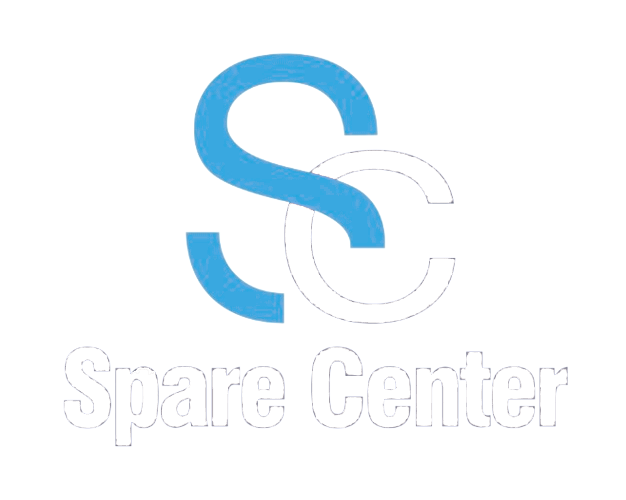Understanding Industrial Automation: Tools and Technologies Explained
What is Industrial Automation?Industrial automation refers to a suite of technologies employing control systems and devices like computer software and robotics to enable the autonomous operation of industrial processes and machinery, obviating the need for human intervention. This advancement not only eradicates human errors but also reduces costs, saves time, and enhances overall efficiency. Tools for Industrial AutomationA diverse array of tools is indispensable for industrial automation, encompassing various control systems that integrate different devices and systems crucial to the manufacturing process. Below are key tools explained in detail. Programmable Logic Controller (PLC)A Programmable Logic Controller (PLC) is a durable digital control system designed for industrial use, preprogrammed to execute automatic operations in industrial processes. PLCs continuously monitor inputs from sensors, process this data, and activate output devices accordingly to perform tasks within industrial processes or machinery. Supervisory Control and Data Acquisition (SCADA)SCADA systems oversee and manage industrial processes by acquiring and processing real-time data directly from devices such as sensors and PLCs. This system records events in log files, facilitating data analysis and enabling informed decision-making to optimize industrial processes. |
|
Human Machine Interface (HMI)
An HMI is a software application that facilitates interaction between human operators and machines or production systems. It simplifies complex data into comprehensible information, empowering operators to better control production processes and their myriad applications.
Artificial Neural Network (ANN)
An ANN is a computational model inspired by the human brain, comprising interconnected nodes known as neurons. ANNs mimic human cognitive processes to analyze and process information effectively.
Distributed Control System (DCS)
A DCS functions as a centralized monitoring network linking devices to manage various elements within an automated system.
Robotics
Robots perform tasks efficiently in intricate or hazardous environments, improving production quality and flow while enhancing workplace safety. They also contribute to enhancing overall convenience and comfort in daily operations.
The Role of Programmable Logic Controllers (PLCs) in Industrial Automation
PLCs serve as robust industrial computing devices akin to computers. They operate autonomously to monitor and automate specific processes or machine functions, either independently or as part of a network controlling entire production lines. Capable of interfacing with numerous sensors and actuators, PLCs process electrical signals to execute predefined commands across diverse applications. Their integration in industrial automation bolsters reliability, system stability, and performance, minimizing human intervention and potential errors.
Programmable Logic Controller (PLC),Programmable Logic Controller (PLC), Programmable Logic Controller (PLC),Programmable Logic Controller (PLC)
Automation Tools, Automation Tools, Automation Tools, Automation Tools, Automation Tools, Automation Tools.
SCADA (Supervisory Control and Data Acquisition), SCADA (Supervisory Control and Data Acquisition), SCADA (Supervisory Control and Data Acquisition).



